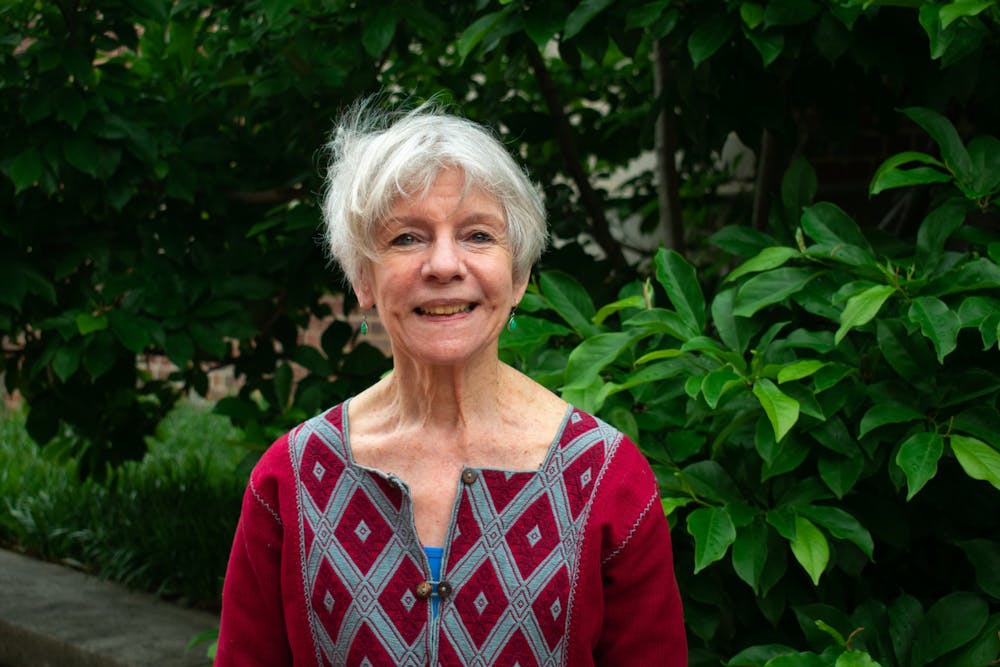COVID-19 put a halt to most faculty research that involved travel in 2020. Now, professors are adapting to new pandemic protocols and additional approval processes to continue doing research abroad.
Most faculty research that involves international travel has continued virtually through established partnerships with other institutions, Barbara Stephenson, vice provost for global affairs and chief global officer, said.
But Provost Bob Blouin has approved 30 faculty requests to travel internationally since UNC travel restrictions were put in place in spring 2020, according to UNC Media Relations. Eighteen faculty members have been approved for international travel in summer 2021, with five trips extending into the fall semester.
Cynthia Radding, professor of Latin American studies and history, was approved to travel to Mexico for five weeks this summer.
In Mexico City, Radding said she will go to the Archivo General de la Nación and the Carso Center for the Study of Mexican History to explore the archives. She also plans on traveling to the state of Sonora in northwestern Mexico to visit an indigenous community in the Mayo River Valley. She wants to visit these archives to do research for two projects.
She will first complete research for a book entitled "Bountiful Deserts and Corridors of Knowledge in Northern New Spain Sustaining the Boundaries of Yoreme Worlds."
She will also continue research for a new project entitled "Indigenous Borderlands, Justice, and Landscapes of Memory on the Spanish Imperial Frontier of North America." She plans to study the complex relationships between indigenous peoples, Spanish civil governors and Franciscan missionaries in the area of the Pueblo indigenous peoples in present-day New Mexico.
“I have done some research,” Radding said. “I need to do a lot more.”
During the approval process, Radding said she had to provide travel dates, routes, itineraries and destinations. She had to explain the purpose of the travel, how the research would fulfill the University’s mission and how she would manage travel risks. Lastly, she signed an assumption of risk and acknowledgment statement indicating she understood the risks of traveling during a pandemic.




